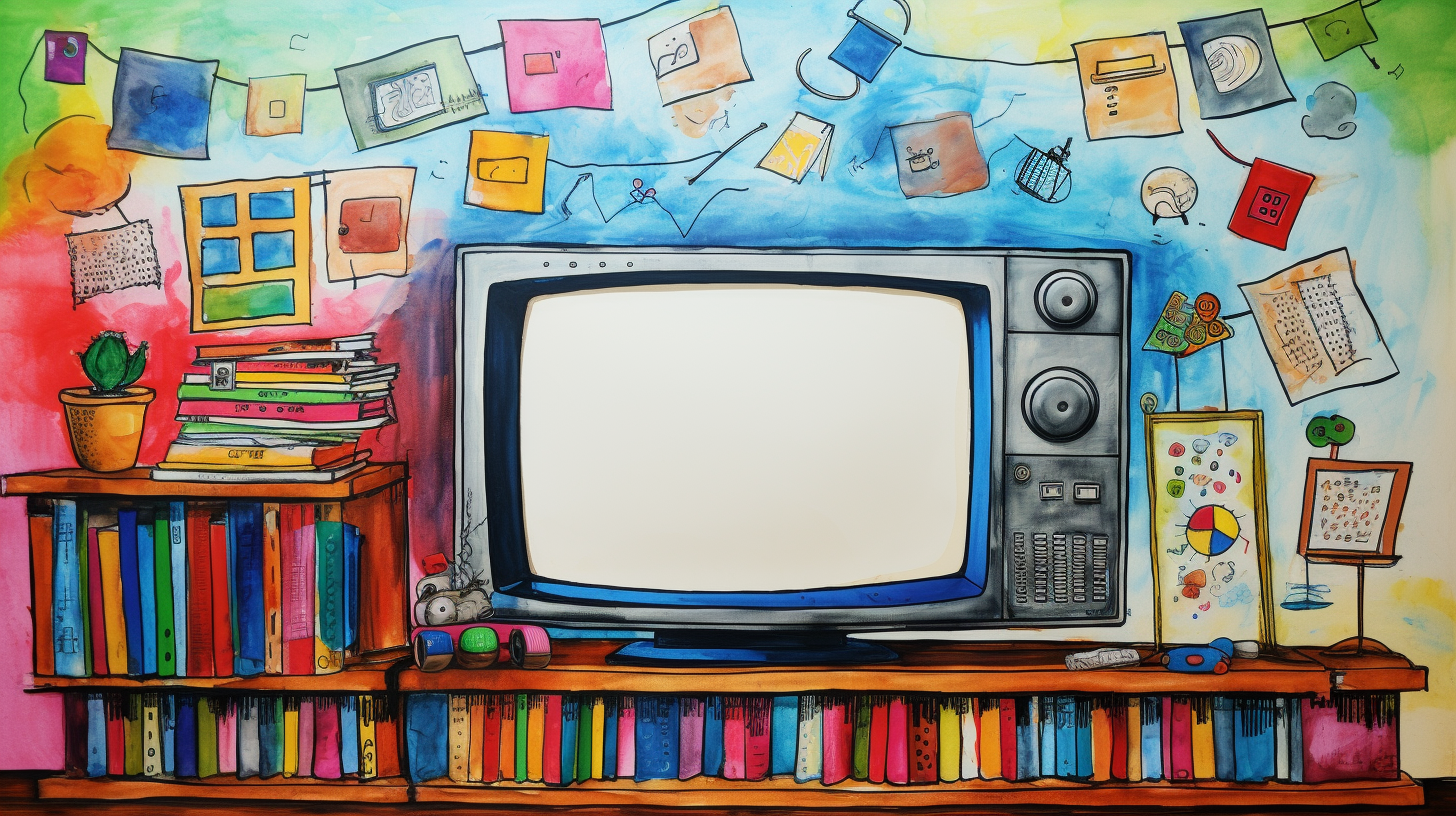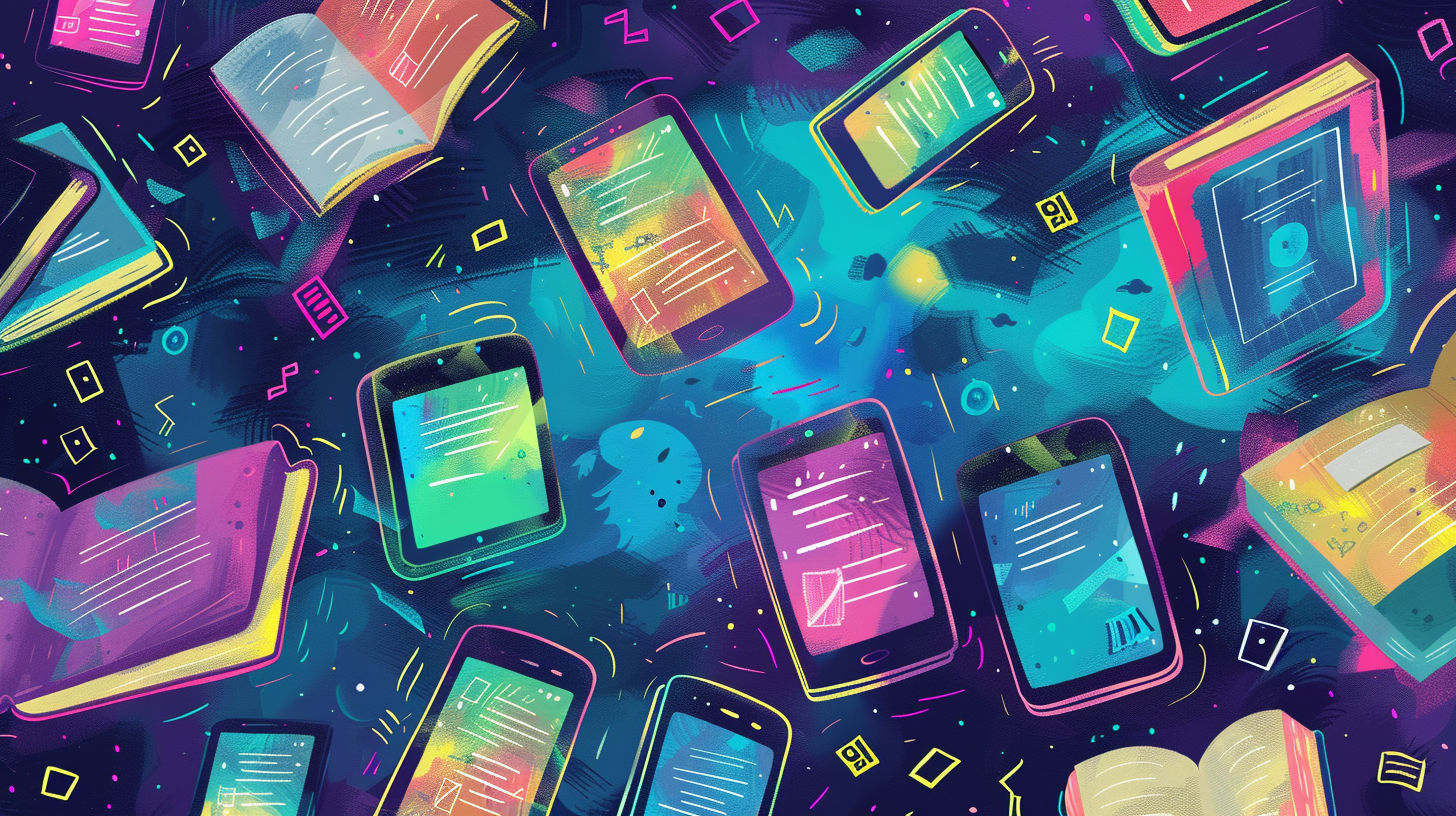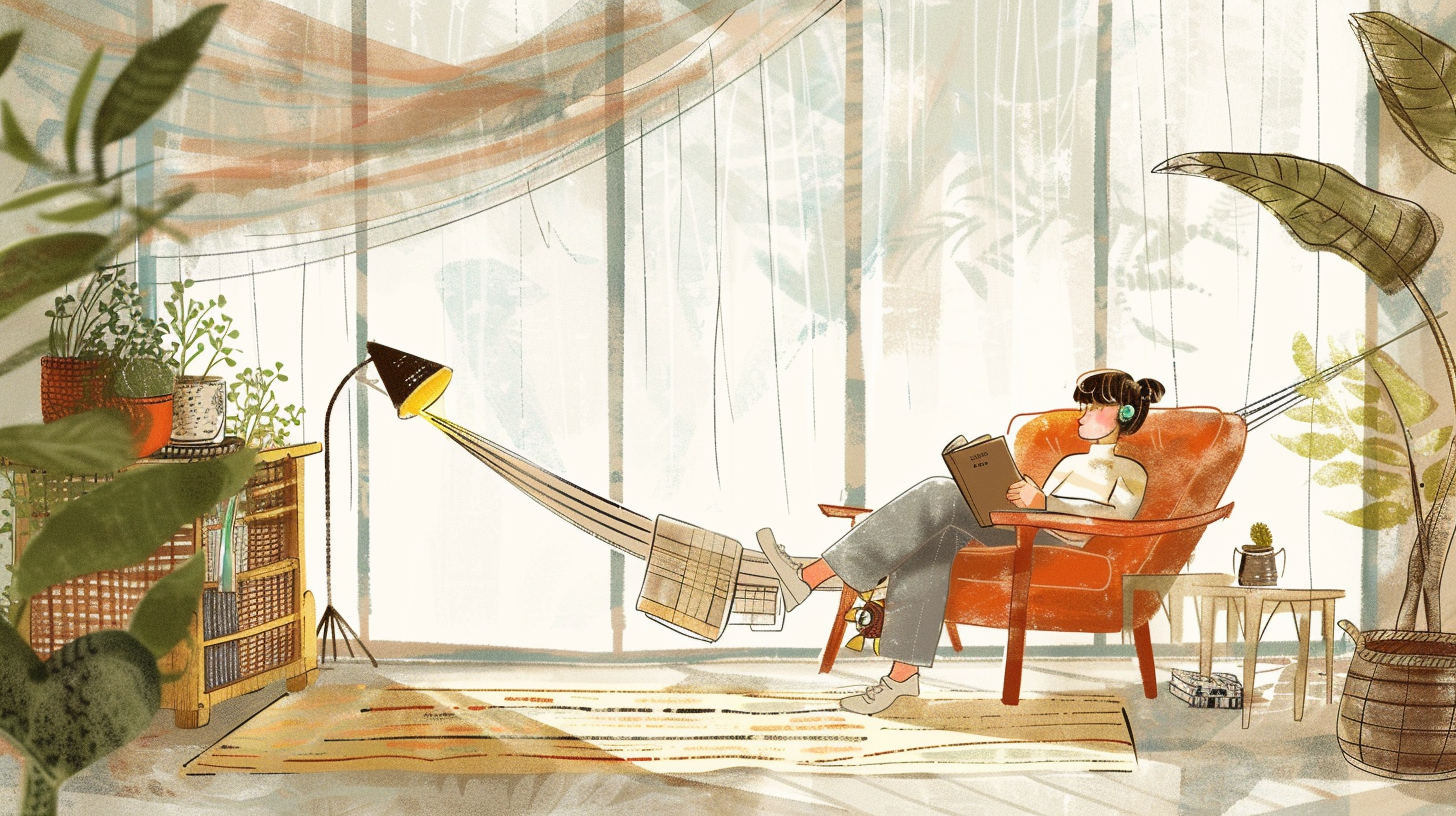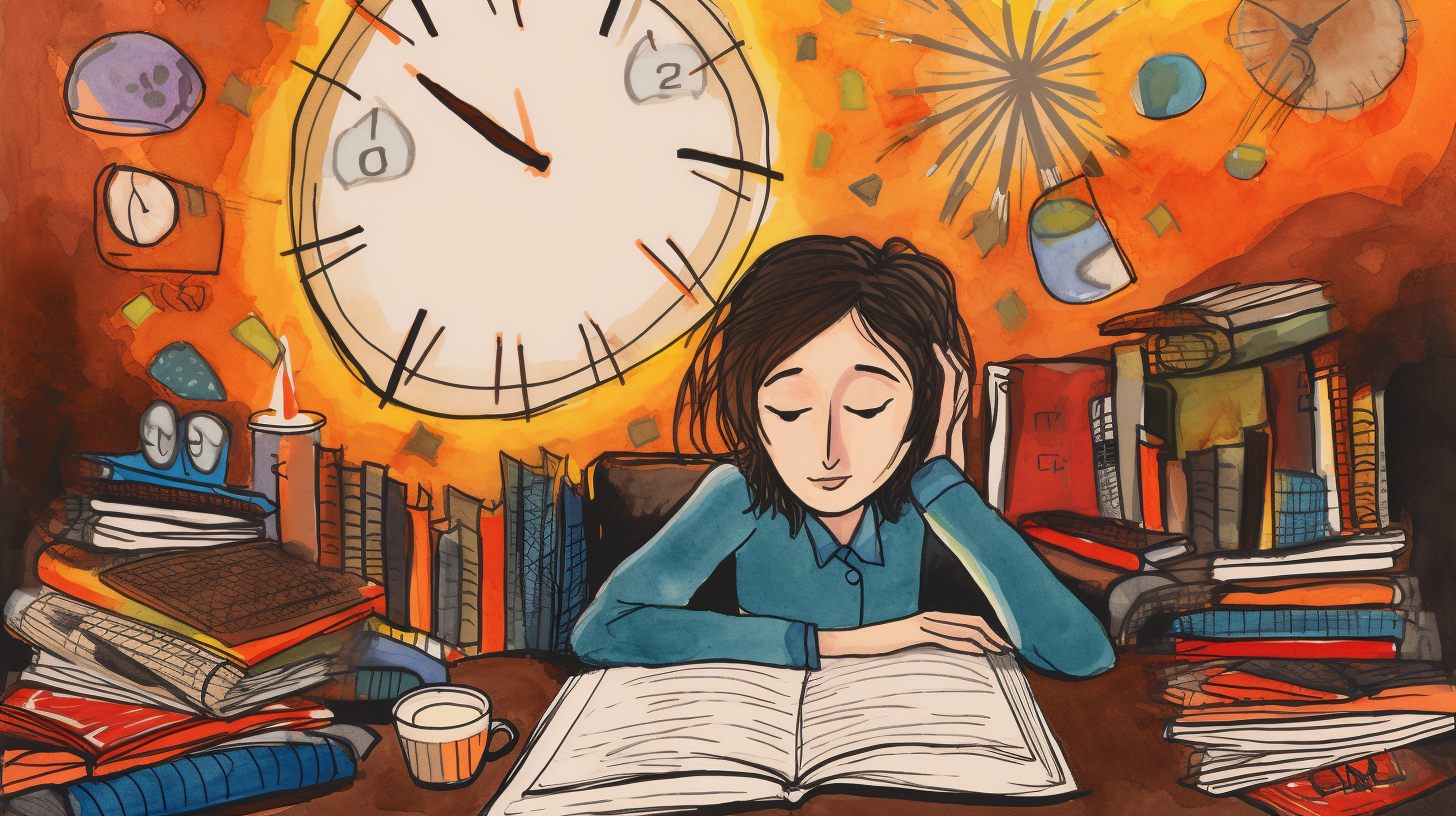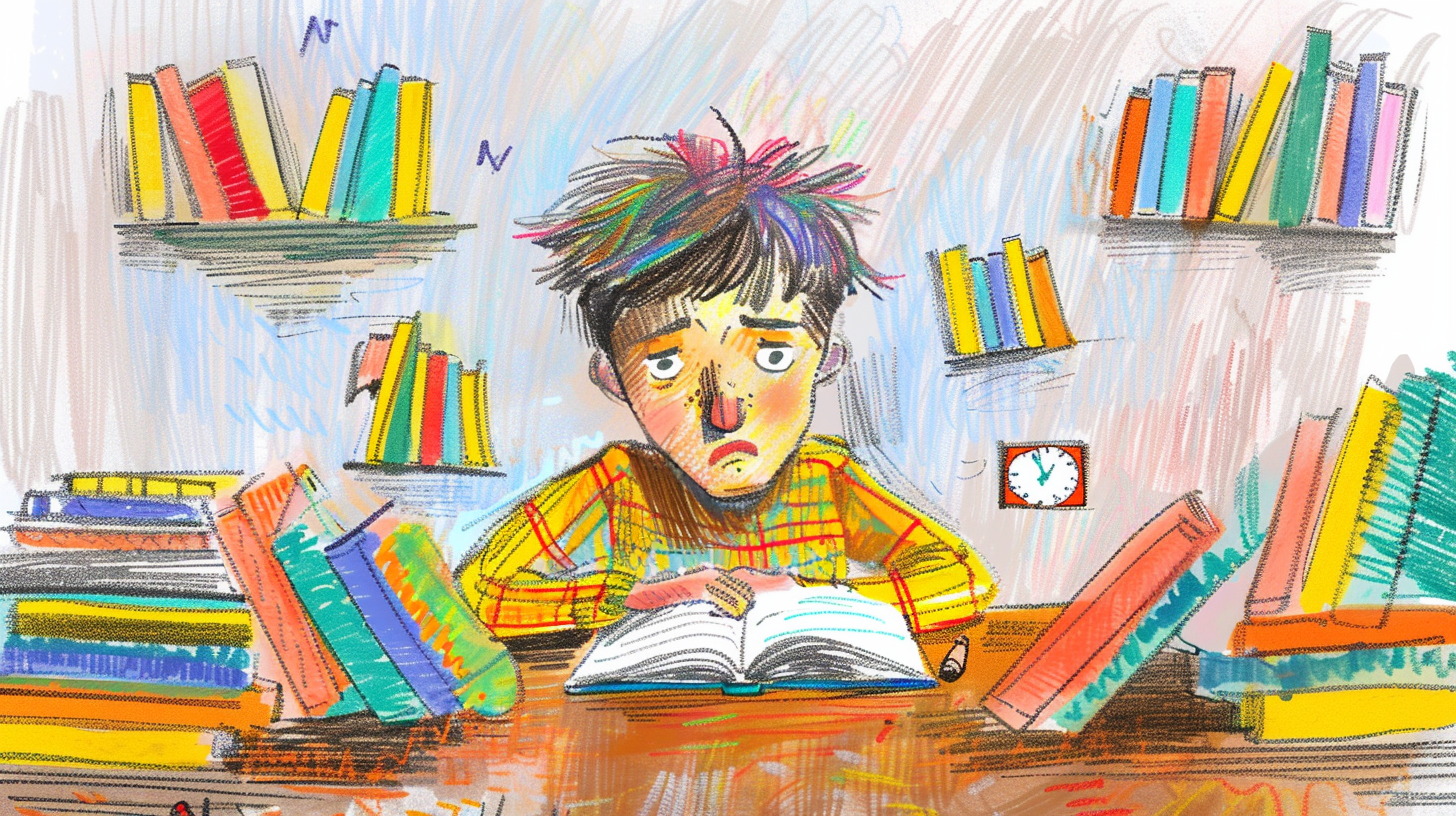Jump into the timeless debate of books vs movies and discover how each medium crafts its unique storytelling magic. You’ve likely found yourself engrossed in a novel’s rich narrative or captivated by the stunning visuals of a blockbuster film. But what really sets them apart?
As you explore the power of books, you’ll understand how they fuel your imagination and allow for a deeper connection with characters. On the flip side, the visual experience of movies offers a sensory feast that books can’t replicate. Let’s dissect these differences, from character development and narrative structure to the portrayal of emotions, and see which resonates with you.
The Debate of Books vs Movies
When you’re weighing books vs movies, it’s essential to consider each medium’s unique offerings. If you’re asking why books are better than movies, one clear advantage is their depth. Books provide an expansive landscape for characters and plot, allowing for complexity movies often can’t capture due to time constraints.
On the other hand, advocates for books vs movies point out the immediate visual and auditory experience that immerses viewers in the story from the get-go. Unlike books, movies can convey a character’s emotion or a scene’s atmosphere within seconds, leveraging powerful performances and soundtracks.
- Books encourage imagination as you create the world in your head.
- Movies bring stories to life with striking visuals and sounds.
Even though these differences, there’s an ongoing books vs movies debate focusing on the adaptational gaps. Book lovers argue that films can’t cover every detail a novel presents, often leaving out subplots and character development. In contrast, movies are sometimes seen as more accessible, able to convey a narrative swiftly and powerfully, a feature some viewers might prefer.
| Advantages | Books | Movies |
| — | — | — |
| Detailed storytelling | ✓ | |
| Immediate emotional impact | | ✓ |
| Encourages imagination | ✓ | |
| Visually dynamic | | ✓ |
| Time-efficient exposure to the story | | ✓ |
Audiobook listeners, on the other hand, get the best of both worlds. They enjoy the in-depth storytelling of books with the added flavor of voice-acting, infusing emotion, and texture into the narrative—perfect for those who appreciate the story’s heart but may not have the time to sit and read.
Whether it’s the books vs films or the reading books vs watching movies argument, it’s clear both have their merited places. But the question is, what is the main advantage that books have over movie adaptations? Perhaps lies in the personal experience you seek from storytelling, a contemplation that continues to fuel the timeless debate.
The Power of Books
Immersion and Imagination
When diving into the debate of books vs movies, it’s clear that books have an unrivaled ability to engage your mind’s eye. In a book, every scene is painted by your imagination, allowing a personalized experience that movies cannot replicate. You are not just a passive observer; you are an active participant, creating worlds that are uniquely yours. This ties directly to why books are better than movies; they demand an involvement that fosters creativity and imagination.
In the realm of audiobooks, this immersion is intensified. You’re privy to narrative excellence, with voice acting that brings characters to life and enhances your experience. This lends audiobooks the edge for those seeking depth in literature without forfeiting the convenience of the books vs movies debate.
Richness of Detail
Novels excel in delivering comprehensive descriptions that movies often gloss over. This richness of detail translates to a deeper understanding of the narrative, where books are better than movies because they allow you to savor every word. The book vs movie comparison falters when considering the nuanced backstories and environmental intricacies that books provide.
Audiobooks convert this detail into an audible feast, where you can absorb the subtleties of the story without missing a beat. This is particularly significant if you’re multitasking or if you prefer listening over reading. The argument that books are better than movies is embodied by audiobooks, which marry the detailed storytelling of novels with the oral tradition that predates both books and movies.
The Visual Experience of Movies
In the books vs movies debate, visual storytelling plays a central role. You’ve likely experienced the rush of emotion that comes as a movie reaches its climactic scenes, aided by stunning visuals and a soaring soundtrack. Engaging all of your senses, movies create a spectacle that’s impossible to replicate through text alone.
Take blockbusters with grandiose set designs and elaborate costumes that bring fantastic worlds to life. These visuals are crafted to capture your attention and hold it, allowing for a form of escape that’s both immediate and engulfing. Movies like “Harry Potter” showcase what you might have only imagined while reading, serving the story in a way that’s both striking and accessible.
The Power of Visual Storytelling
The strength of the film lies in its ability to convey a story through a series of compelling images and expressions. A reader might investigate into paragraphs describing a character’s feelings, but a film shows those emotions outright. From a subtle frown to an exuberant smile, actors can communicate complex narratives in an instant. In films like “Gone with the Wind,” the expression on Scarlett O’Hara’s face as she vows never to go hungry again transports viewers into her reality, making the on-screen drama a shared experience.
Here, visuals don’t just complement the storytelling but become a driving force, pushing the narrative forward in ways that transcend written words. Movies may not offer the same depth of character exploration as books, but they excel in image realization. Films take detailed descriptions from novels and convert them into tangible, visual feasts that often leave an indelible impact on viewers.
Whether it’s the magical halls of Hogwarts or the rugged plains of a Civil War-era plantation, movies provide a direct visual pathway to these worlds. As you continue to explore books vs movies, you’ll find the answer isn’t simple. While reading activates the mind, films ignite the senses, each offering a unique experience that the other cannot quite replicate.
Character Development
When diving into the books vs movies debate, character development often emerges as a critical talking point. Readers argue that books offer a deeper insight into a character’s thoughts, feelings, and backgrounds, contributing to more profound connections with the narrative. Unlike movies, where screen time is limited, books can afford to investigate character backstories without the constraint of a two-hour time limit.
In the case of books, the journey you experience is as rich and diverse as the characters themselves. Books are better than movies when it comes to understanding characters’ internal conflicts and transformations. For instance, your insight into a protagonist’s motives is not filtered through an actor’s interpretation but crafted through your imagination influenced by detailed descriptions.
Movies, while visually engaging, often skim over the nuances of character arcs due to the inherent time limitations. The question often posed is, “Why are movies better than movies?” The visual medium can certainly bring a character to life with stunning performances. Yet, the film vs book debate reveals an important trade-off: the sacrifice of character depth for cinematic allure.
But, it’s important to recognize that not all adaptations fall short in this realm. Select movies manage to strike a balance, effectively porting the essence of a character’s journey from page to screen. It’s these exceptions to the rule that fuel the ongoing movies vs books debate.
A central theme to consider is what is the main advantage that books have over movie adaptations? The simple answer lies in the freedom to explore. Books breathe life into characters over chapters and sometimes across a series, allowing for multi-dimensional growth that films struggle to match. Literature gives room for characters to evolve at a pace that aligns with the unfolding of the plot.
Conversely, adaptations must make tough editorial choices, often to the detriment of a character’s storyline. Films vs books so present different methods of storytelling, each with its inherent strengths and limitations in terms of character development. As you navigate through tales in either format, you’ll find your preferences in how you want to explore the breadth and depth of characters.
Narrative Structure
When exploring the books vs movies debate, it’s clear that narrative structure plays a crucial role in storytelling. Books often have the upper hand when it comes to narrative complexity and depth. Here are some specific reasons why books are better than movies in this aspect.
Books offer a multi-layered narrative structure that allows for detailed plotlines and rich character development. This complexity gives you a chance to explore every thread of the story at your own pace. In contrast, movie adaptations must condense these narrative threads, sometimes simplifying the plot to fit the time constraints of the film.
Key Advantages of Books
- Character Insight: Books plunge you deep into the minds of characters, revealing their internal dialogues and motivations.
- Subplots: You’ll find that books often contain multiple subplots that movies may omit or only touch upon briefly.
- Pacing: With a book, you set the pace. You can take your time to absorb the twists and turns of the story, something that films can’t offer due to their limited duration.
But are books always better? While it’s true that books offer a deeper jump into the story, movies or books both have their unique appeal. Movies excel at visual storytelling, creating memorable imagery that complements the tone and emotion of the narrative.
Movie Adaptations
Movies must distill the essence of a book into a shorter format. They focus on key plot points and visually compelling scenes to engage viewers. The challenge is to retain the book’s spirit while presenting a coherent storyline that resonates with both readers and movie-goers.
To conclude, whether you prefer the detailed world of books or the visual spectacle of movies, understanding the narrative structure and its limitations is key to appreciating how stories are told in each medium. Remember, there’s no one-size-fits-all answer when you’re considering books versus movies. They each offer unique experiences that cater to different preferences and situations.
Portrayal of Emotions
In the epic debate of books vs movies, nuanced storytelling often tips the scale. Witnessing emotion unfold on screen offers an immediate, visceral experience. Movies harness the power of visuals, allowing you to see a character’s joy or sorrow in their facial expressions, accompanied by a riveting score that heightens the atmosphere. This powerful blend of elements can elicit a mirror response in you, drawing out empathy and connection without the need for words.
When comparing books and movies, it’s clear that films are adept at capturing and conveying feelings intuitively. Consider a classic like Gone with the Wind; the film adaptation brought the Civil War to life with dramatic flair, transporting you back in time much differently than the book. Emotions in movies resonate through a shared human language of expression—an advantage that films generally have over their literary counterparts.
Yet, even though the emotional immediacy of film, books exhibit their strength through internal dialogues and insights into the character’s psyche. They offer a depth that allows for a personal connection as you spend more time with each character and become privy to their innermost thoughts. This personal immersion cannot be understated and is often cited as a crucial argument in the books vs movies debate.
As you investigate narratives across both mediums, it’s inevitable to find that while movies captivate with their visual and auditory splendor, books invite an emotional engagement that matures over pages and hours. In the tug-of-war over which medium is supreme, it’s clear that emotions play a pivotal role. Whether books are better than movies or vice versa hinges on personal preference, yet it’s impossible to ignore the spellbinding effect that the portrayal of emotions has in either form.
Conclusion
You’ve seen how movies and books each have their unique ways of stirring emotions. Whether it’s the immediate impact of a film’s soundtrack paired with a powerful performance or the slow-burn connection you forge with a character’s inner turmoil in a novel, your preference likely depends on the kind of emotional journey you’re seeking.
Remember, there’s no right or wrong choice here. It’s about what resonates with you on a deeper level. So next time you’re deciding between a book or its movie adaptation, consider what kind of emotional experience you’re in the mood for. That’s the beauty of storytelling—it’s always your call.
Frequently Asked Questions
Are books more entertaining than movies?
Books provide a more intricate and prolonged entertainment experience. While movies typically last about two hours, a book can be savored over several days, offering more time for personal engagement with the story.
Do people prefer movies or books?
Many people believe that the book is often better than the movie adaptation, according to various surveys and anecdotal evidence. This preference can vary depending on individual tastes and experiences.
How do books improve your vocabulary?
Books enhance vocabulary by providing words in context, allowing readers to understand and remember them better. Exposure to diverse literature also introduces new words and phrases, promoting vocabulary growth.
What are the 5 benefits of reading?
Reading offers numerous benefits, such as reducing stress, improving focus and memory, expanding vocabulary, enhancing knowledge, and boosting imagination and creativity.
What are the differences between books and movies?
Books communicate through written language, offering in-depth exploration of thoughts and emotions, while movies convey stories via visual and auditory elements, providing a more direct and dynamic experience.
